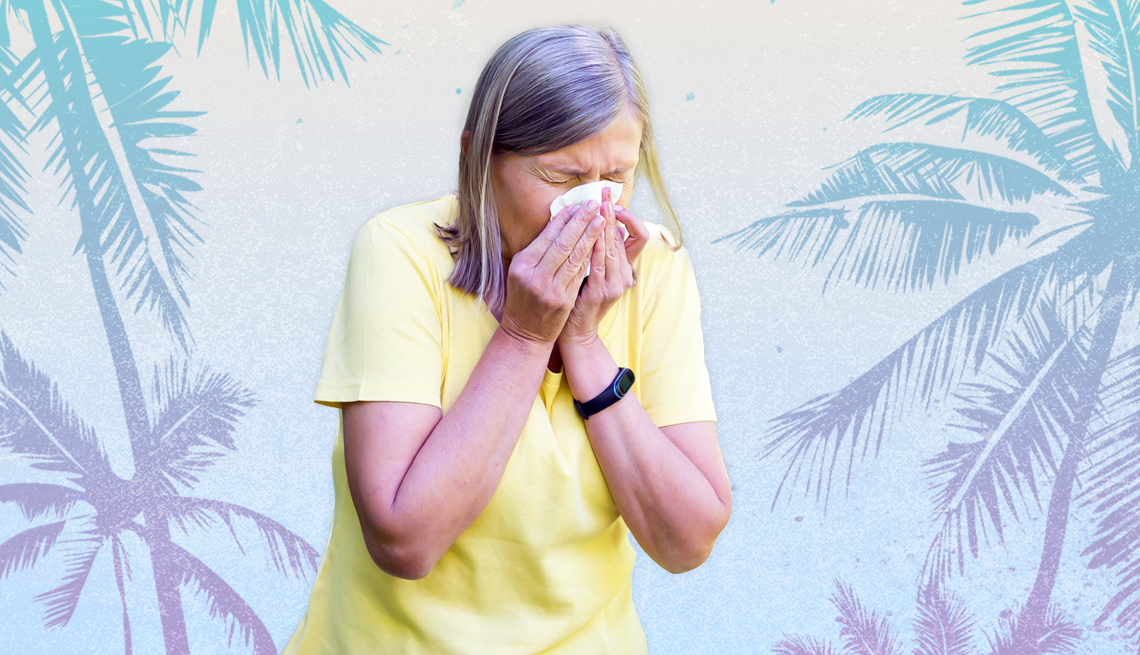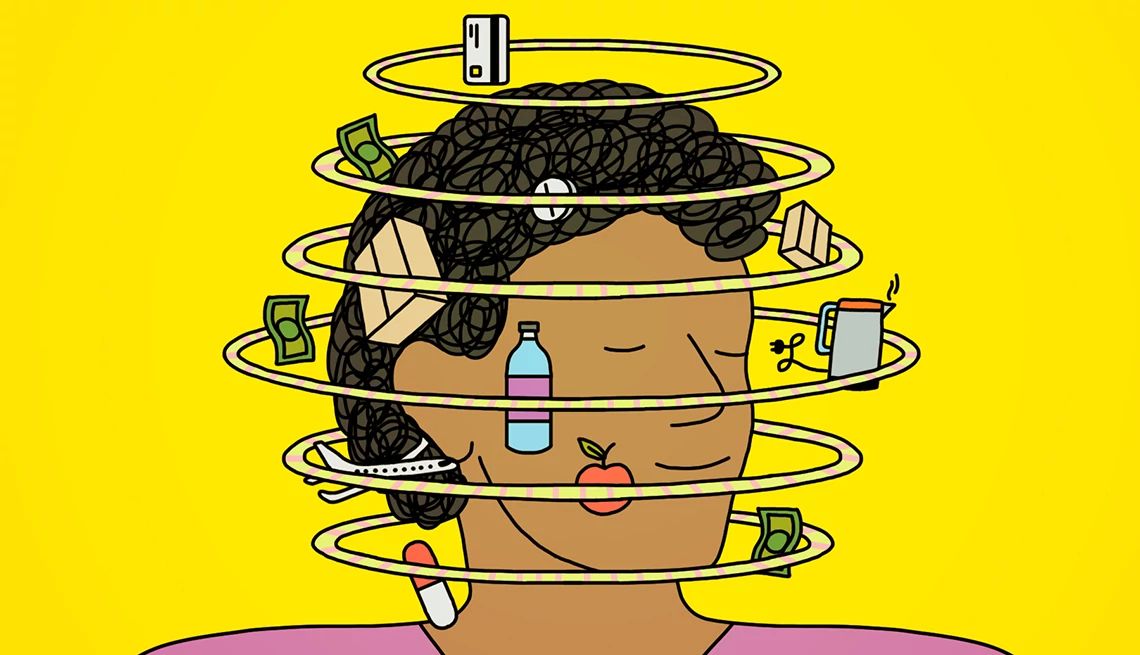AARP Hearing Center


Runny nose? Scratchy throat? Constant sneezing? If you find yourself battling these symptoms this summer, it could be a cold. Despite the name, you can still catch one when it’s warm out.
“Viruses don’t pay attention to the calendar,” says Jill Foster, M.D., a professor in the Division of Pediatric Infectious Diseases at University of Minnesota Medical School.


AARP Membership— $12 for your first year when you sign up for Automatic Renewal
Get instant access to members-only products and hundreds of discounts, a free second membership, and a subscription to AARP the Magazine. Find out how much you could save in a year with a membership. Learn more.
It’s true that some viruses are more seasonal than others. Influenza, for example, typically peaks in the fall and winter and peters off in the spring. But there are more than 200 viruses that cause the common cold, and while some of them, like rhinoviruses, are more likely to pop up in the cold-weather months, others tend to circulate in the summer.
“Traditionally, the most common virus that's responsible for summer colds is enteroviruses,” says Lauren Block, M.D., a primary care physician with Northwell Health and an assistant professor with the Institute of Health System Science at Feinstein Institutes for Medical Research in Manhasset, New York.
This family of viruses causes about 10 to 15 million infections each year in the United States, usually between June and October, according to the National Institutes of Health (NIH). To be clear, we’re talking about non-polio enteroviruses. There are some strains of the virus that can also cause polio, but vaccines have mostly wiped them out from Western countries, the NIH says.
Are summer cold symptoms worse?
Generally speaking, summer colds are not necessarily worse than their winter counterparts. The symptoms caused by enteroviruses and rhinoviruses are similar. What may make a summer cold seem worse, however, is feeling so crummy when it's not your typical cold and flu season.


































































More on Health
Do You Have a Cold? The Flu? COVID? Or RSV?
A few tricks for telling the illnesses apart
Try These Tips for Living a Healthier Life
Small changes can add up to big mental and physical results
These Are the 8 Vaccines You Need After 50
Are you up to date on all the recommended vaccines?
Recommended for You